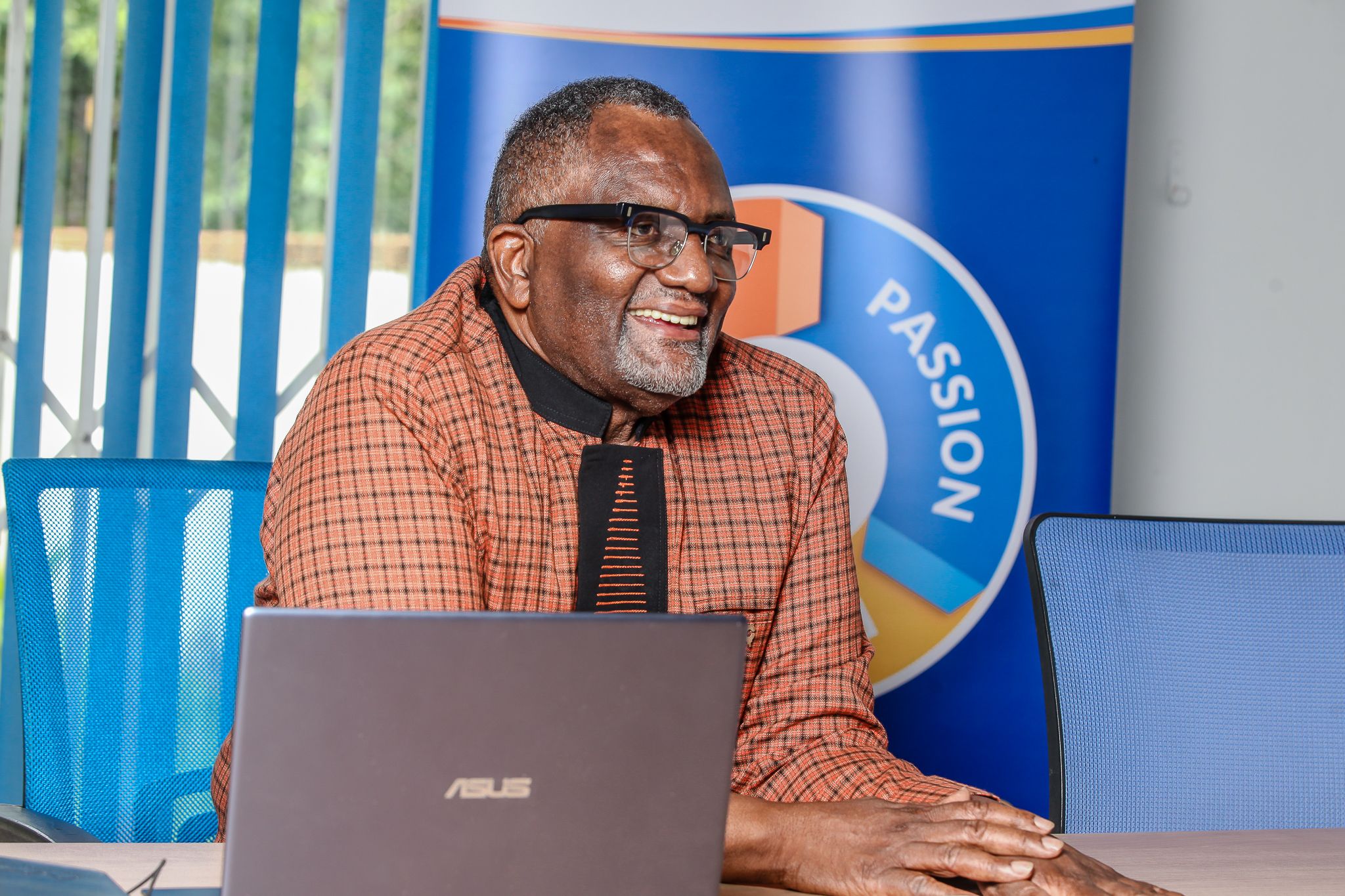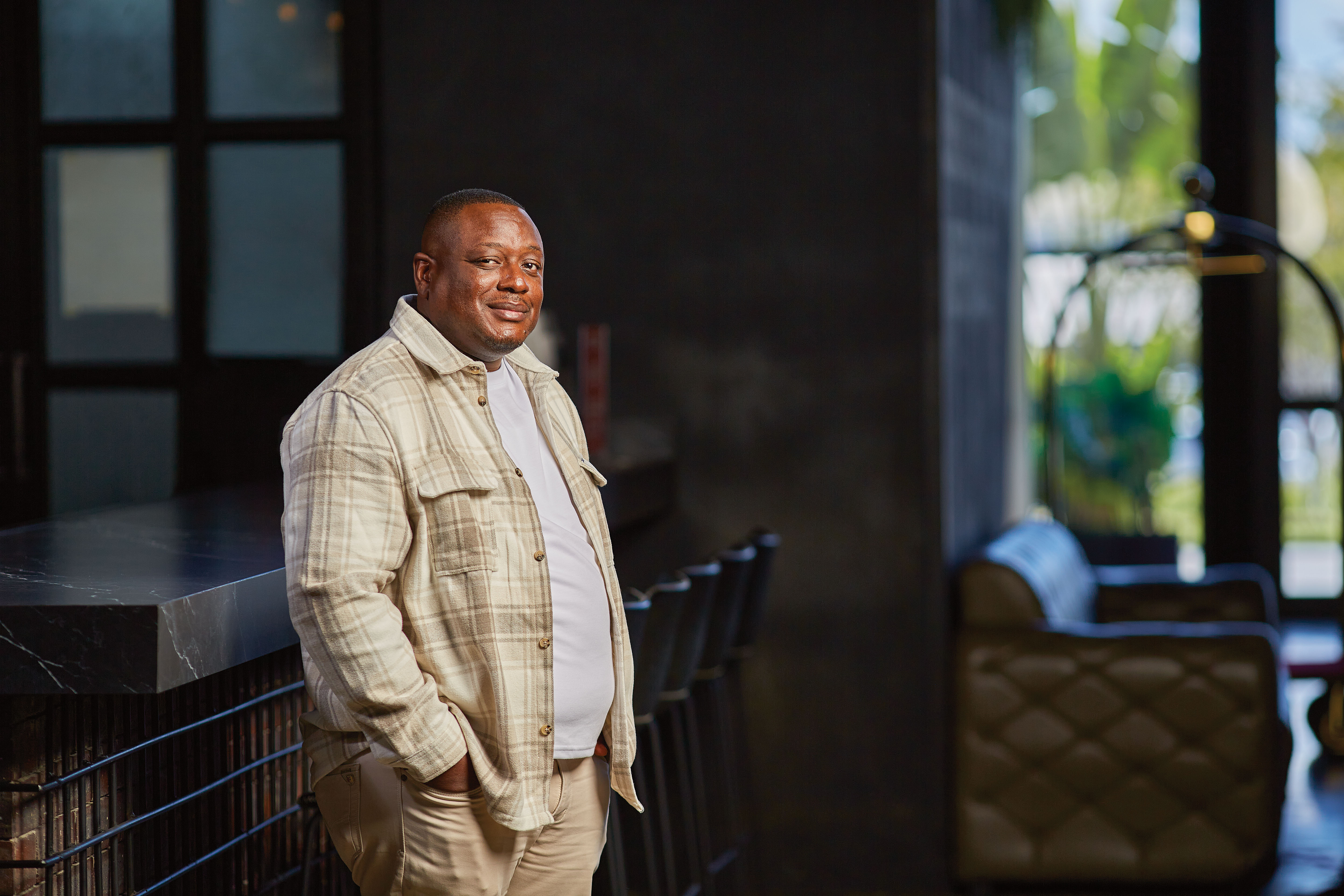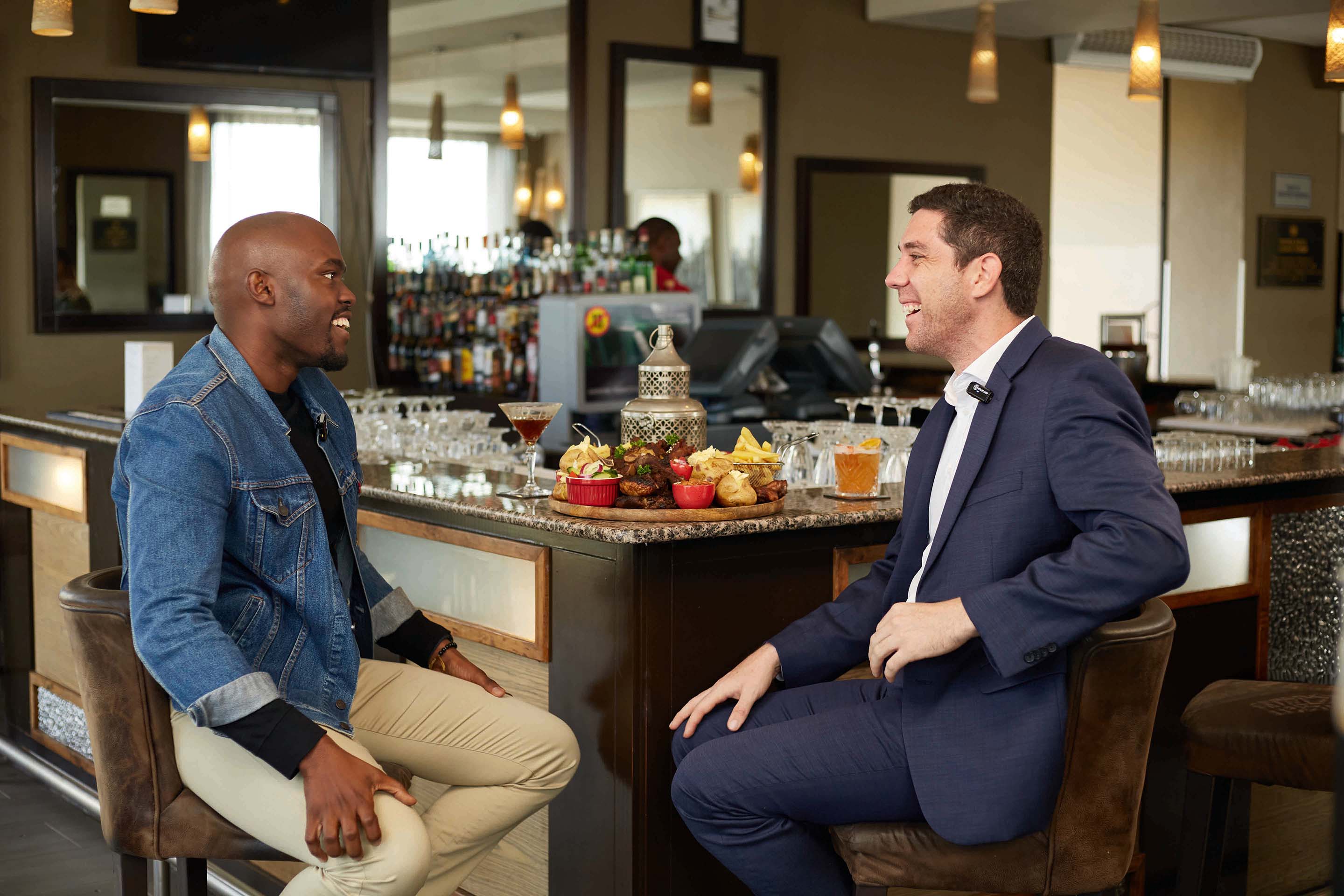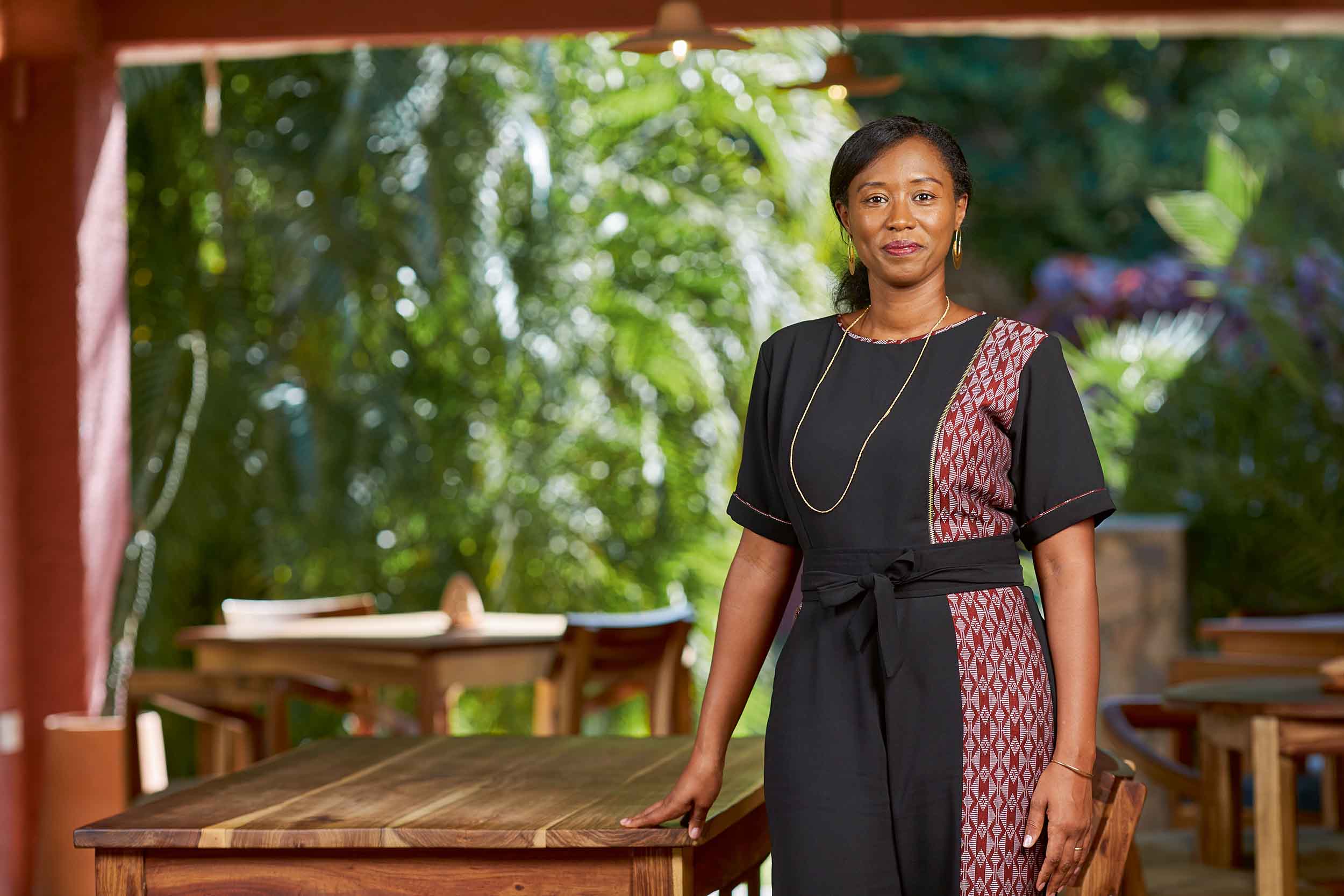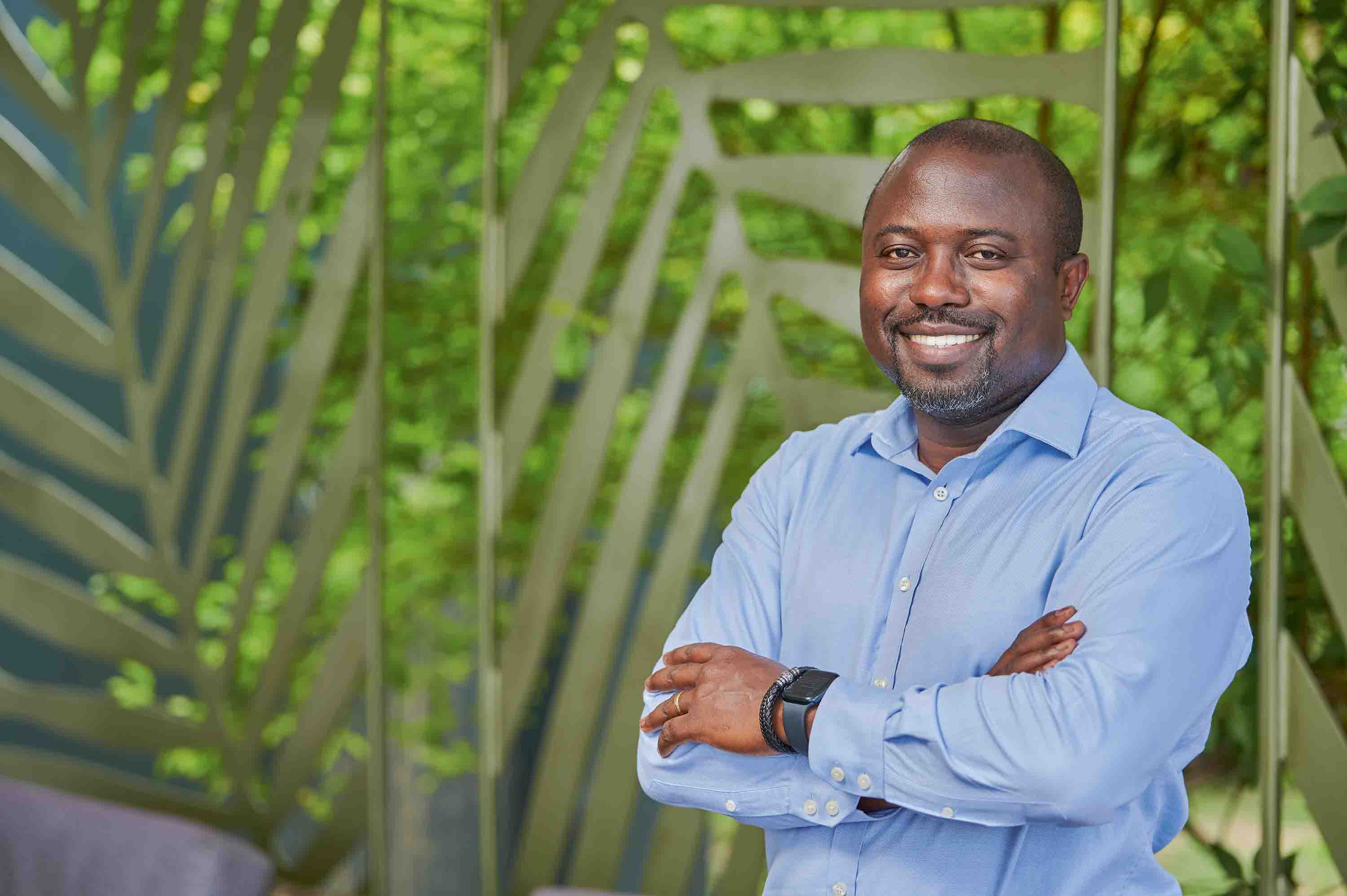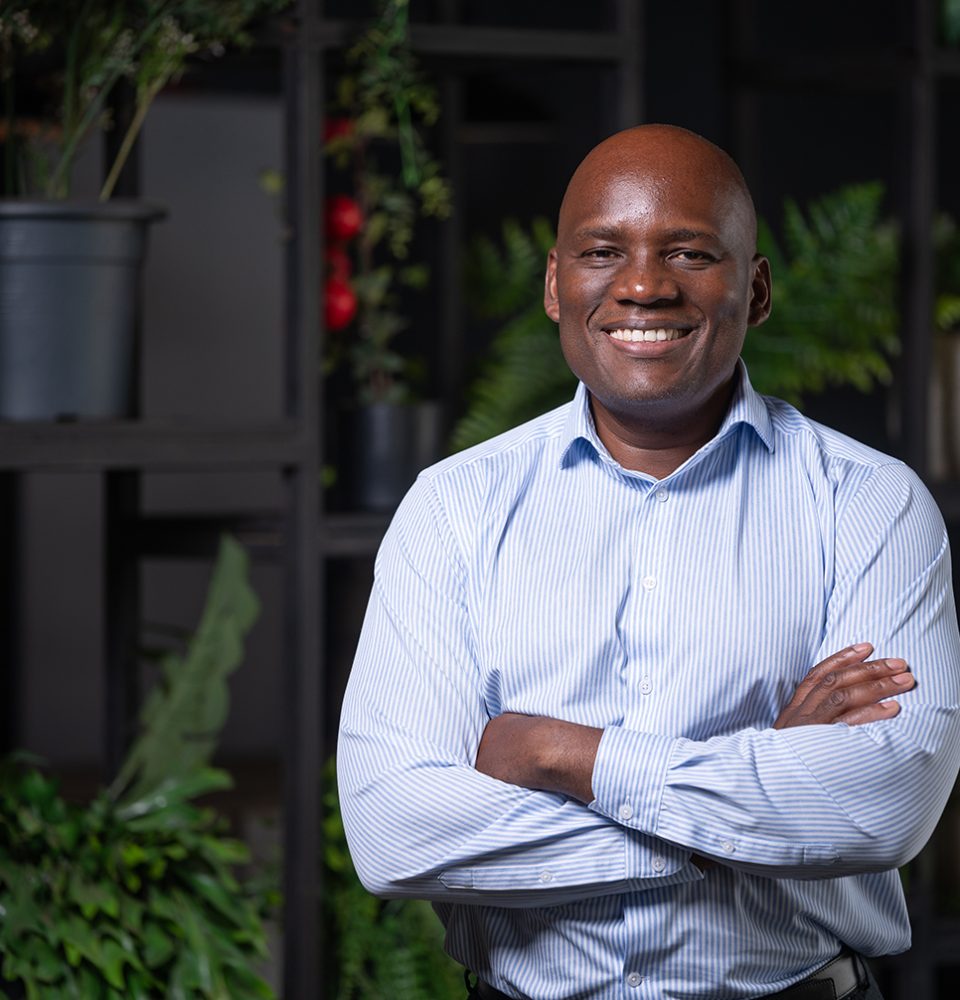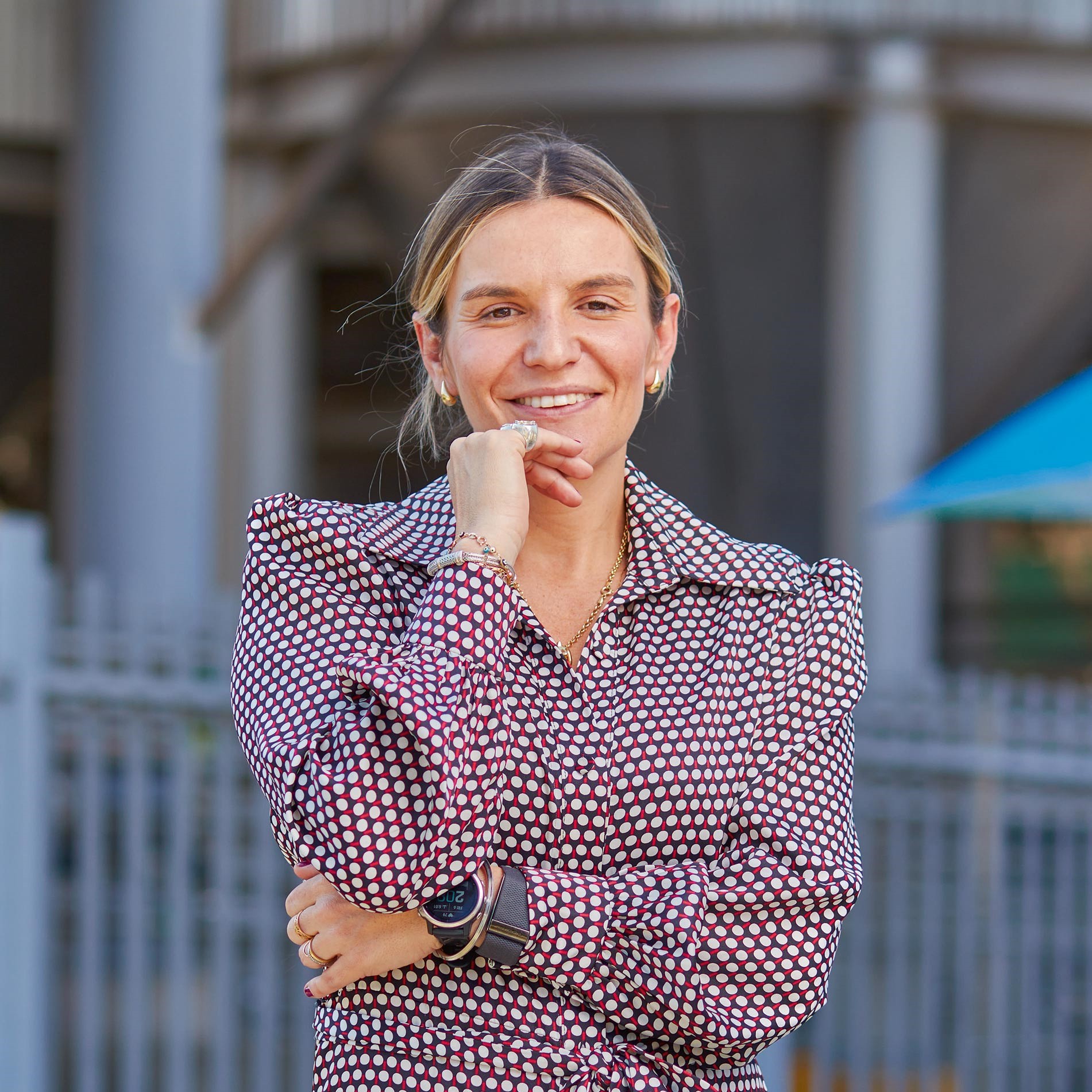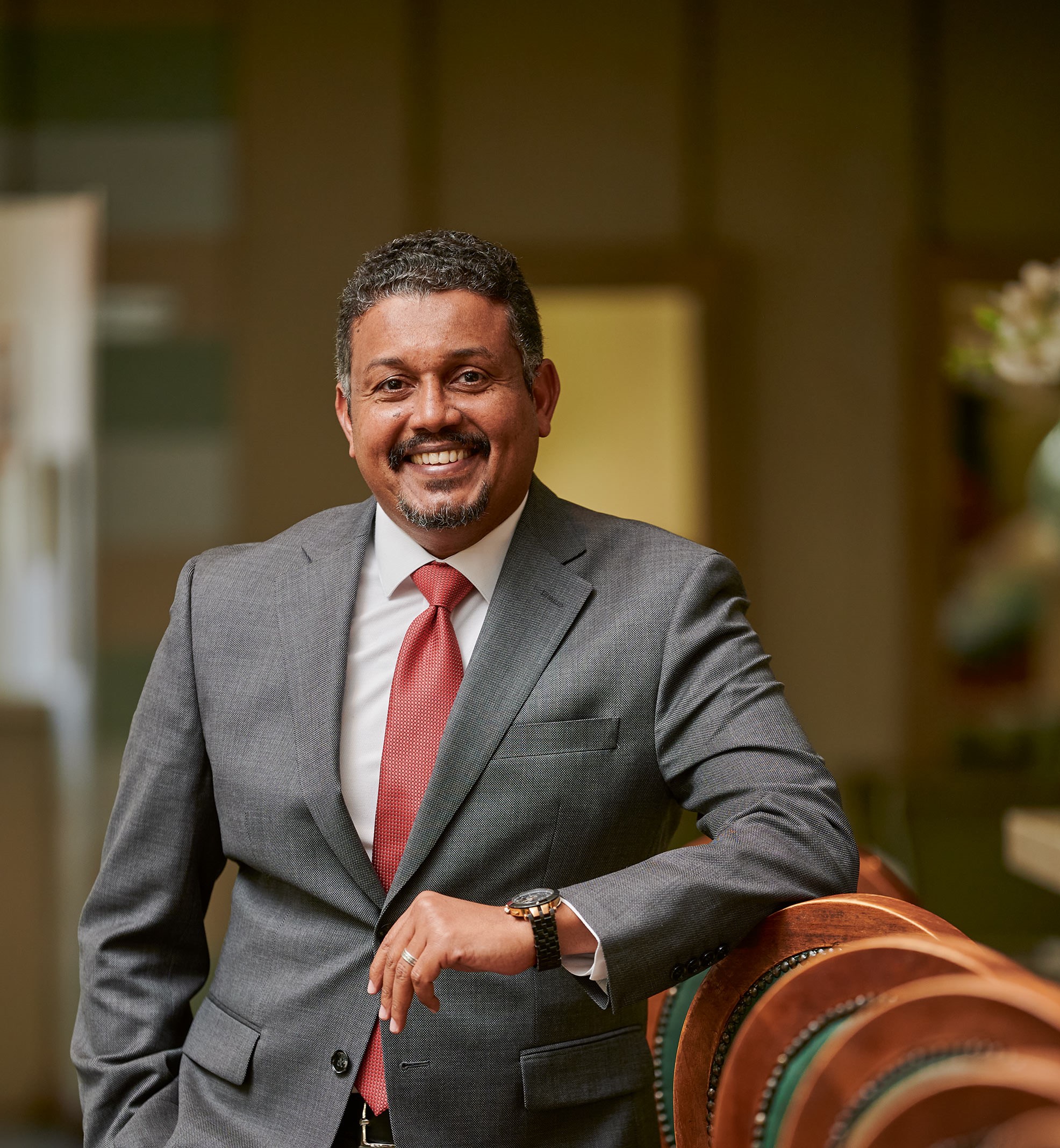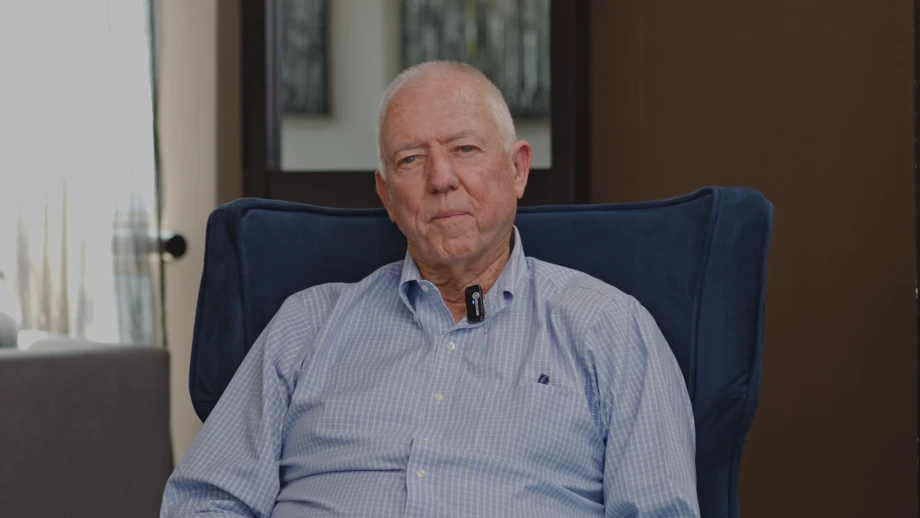Fisho Patrick Mwale is a titan of the Zambian business sector with an indelible and illustrious career spanning more than four decades. His influence on the development of Zambian enterprise cannot be overstated, with success gained both in the private and public offices. Today, Fisho is as energetic and jovial as a man in his 20s, perhaps because he has continued to blaze the trail with his entrepreneurial pursuits as he writes a new story for Zambia’s aquaculture industry.
His business journey started in the late ’70s as a graduate management trainee at the now defunct Zambia Steel and Business Supplies (ZSBS). As fate would have it, this first job lasted for only a year as Fisho would end up being fired after a disagreement with his supervisor. In frustration, the young graduate made a promise to himself that he would never work a formal job again and he started on the long, difficult and rewarding journey of entrepreneurship.

Determined to keep the promise to himself, with the added pressure of being a husband and father to a young son, Fisho began working as a traveling salesman specialising in various women’s products that were distributed by an American company. Not long into his solo venture, the young entrepreneur quickly found financial success due to the low-cost structure of the business and the high demand from Zambian women.
In yet another twist of fate, Fisho Mwale’s former supervisor, who had fired him a year earlier heard about the young man’s burgeoning business and decided to introduce him to a successful businessman named Musa Siame, who at the time was the managing director of Mutende Investments, a leading Zambian business with diversified interests. This turned out to be a pivotal point in Fisho’s business journey.

On their first meeting, Mr Siame took a liking to the young Fisho Mwale and offered him a job which he promptly declined due to the earlier promise he had made to himself. Not one to let an opportunity pass him by, Fisho made a counteroffer to Mr Siame. He wanted equity and ownership and so he suggested that Mr Siame set up a new company altogether in which he would hold 60% ownership and Fisho would hold 40%. And Trade Factors International was born.
Trade Factors International was specialised in the importation of industrial goods as well as providing financial facilities for the sale of these high-value goods. Within two years, the business had grown thanks to Fisho’s ambition and the forward-thinking of Musa Siame. The partners set their ambitions outside Zambia and purchased a stake in a UK-based company called Don Gray International which was specialised in providing lines of credit for mining imports coming into Zambia.
From the onset, the partnership was fraught with challenges as they experienced racism from their Anglo American colleagues. (Anglo American owned DonGray at the time.) The only way to resolve these challenges, thought Fisho, was to buy out the incumbents and take 100 percent ownership of the company. Mr Siame acted upon the advice of his junior partner and agreed to take over DonGray International fully which was renamed Milray Industrial Ltd. This instinctive business move thrust Fisho Mwale onto the international business stage as he would shuttle between the London and Zambia offices for years after the purchase.
It was onwards and upwards for the young Fisho who had now earned his stripes as a full-fledged business executive. His was the life of a jet-setter, doing deals in West Africa, Zambia, Zimbabwe, and post-war Angola. During this period, Fisho created a network of like-minded entrepreneurs across Africa that would play a key role in his recovery when the inevitable tragedies of life came upon him.
Every true leader experiences crucibles at some point in the journey to the top. A crucible is, by definition, a transformative experience through which an individual comes to a new or an altered sense of identity. Fisho’s crucible came after ten years of non-stop business action when Zambia went into an economic recession that affected both small and large businesses. Despite being a huge business with widespread local and international reach, Mutende Investments collapsed and Fisho’s life changed overnight. A man who was used to first-class flights and fancy hotels found himself homeless after losing all of his assets to the banks and other creditors. But as the saying goes, when you hit rock bottom, the only way is up.
Fisho took a sabbatical and started working in his late wife’s restaurant, The Old Bakery, as a waiter. This was a humbling and defining period as he waited for an opportunity to knock on his door once again. The onset of multi-party politics in 1991 brought a wind of political change.
Fisho took a keen interest in the affairs of the community around him and began his venture into politics as a councillor for Independence Ward where he had gained a fair amount of popularity through his business exploits. Following a two-year tenure as councillor, he set his sights even higher and ran for the Office of Mayor of Lusaka. He was successful in his bid and would serve as the city’s mayor from 1994 to the end of his term in 1999. It was a period of transformative change for the City of Lusaka and to this day he has been recognised as one of the best mayors of Lusaka.
While his political career was showing lots of promise, Fisho still searched for his next business opportunity. That opportunity came in an area that he knew all too well and that was tied to his prior work with Mutende Investments. He began his second career as a financial consultant dealing in sovereign debt.
Fisho’s career as a financial consultant has become a major part of his story and for better or for worse, a big part of his legacy. Many articles have been written about this tumultuous period in his life and his eventual exile to South Africa, after a long legal battle with the Zambian government. He lived in South Africa with his family for seven years and returned to Zambia when his father’s health began to deteriorate. In many ways, his return to Zambia was the rebirth of Fisho and would mark a real return to his roots as an entrepreneur.
Today, you cannot talk about Fisho without talking about Yalelo, the highly successful aquaculture venture that he co-founded. One meaning of the word yalelo is ‘today’s fish,’ which points to the freshness of the fish the company produces. Upon his return to Zambia in 2010, he was shocked to learn that there was a shortage of fish in the country when Zambia is endowed with an abundance of rivers, lakes and other water bodies. He made it his mission to understand why there was a deficit and began researching the viability of aquaculture as a business in Zambia. On a visit to Lake Kariba, he was shocked to learn that there were no indigenous companies that were involved in aquaculture on a large scale. He saw an opportunity to create a local company with a local ethos and a local culture. And Yalelo was born.
Yalelo has grown from a small start-up founded in 2012 to a multinational company with a presence in four African countries; Zambia, Uganda, South Africa, and Kenya. It has created more than 1,000 direct and indirect jobs and provides alternative employment to fishermen in Siavonga who struggle to support their families due to over-fishing on the lake and the increasing costs of fishing. Yalelo has also invested significantly across its value chain and created an associate company, Aller Aqua Ltd, that produces fish feed and sources grains from local farmers to be used as an input for the feed. The company has grown quickly and is showing no signs of slowing down.
The best way to summarise his leadership is with his own words. “I am formed by a belief that to be an effective leader, you have to embrace knowledge. It is a dynamic concept. You have to open yourself to a culture of always being in a transitional position of learning so that you are always relevant.”
Fisho Patrick Mwale is a leader and true entrepreneur who has weathered many seasons. His legacy is still being written. He is still thinking of new ways to create an impact at scale in Zambia, and has his gaze constantly on the future. And if history is anything to go by, then we know that it is just a matter of time before his name pops up again, in a new initiative, in a new venture, or a new capacity because he doesn’t plan on hanging up his boots just yet.
